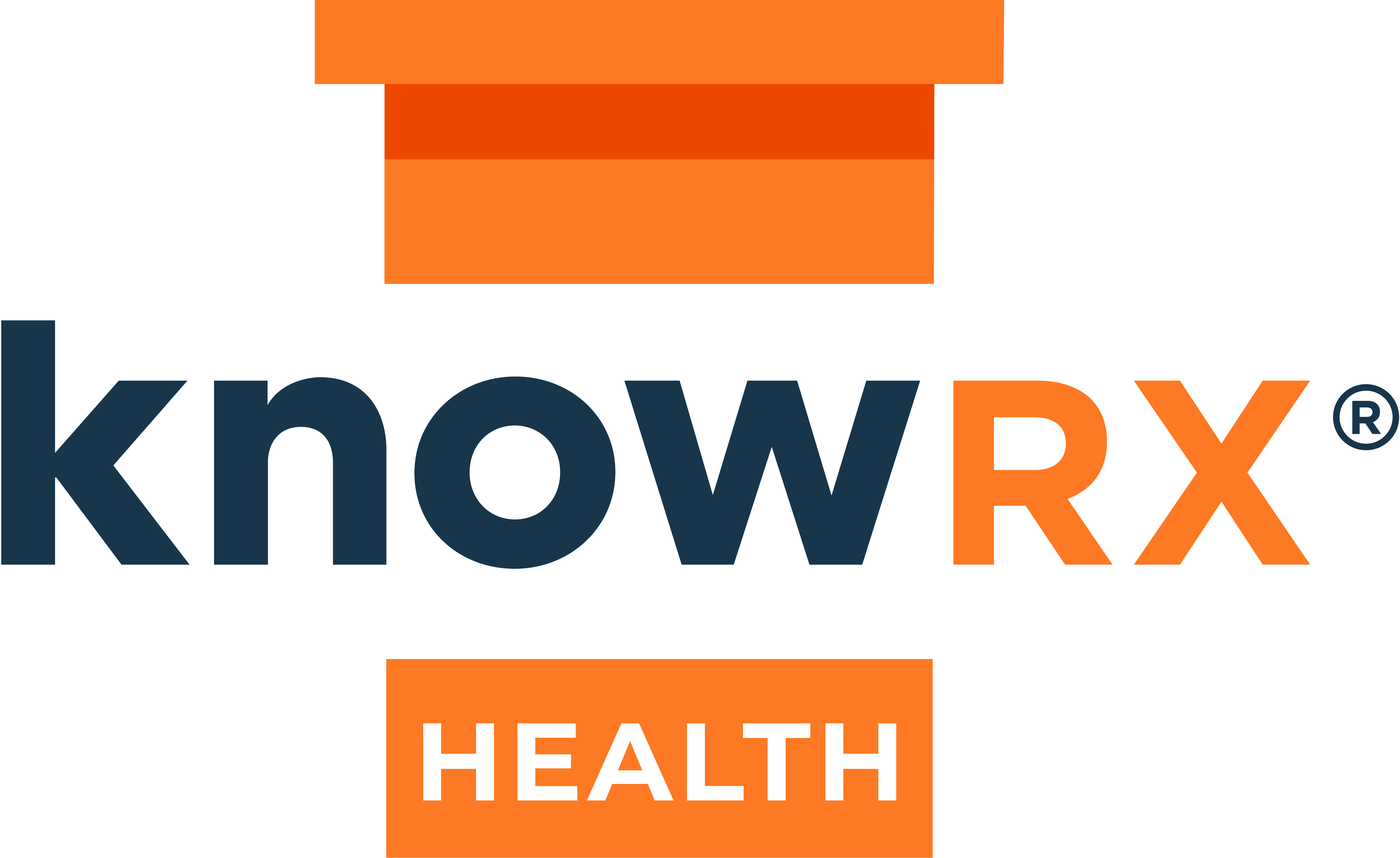
Medication Management
Taking medications can be tricky. Medicines are meant to help us feel better and manage our health, but they can also cause side effects that make us feel worse. Both patients and caregivers often worry about this. The good news is that when medications are taken correctly, they can control diseases and improve quality of life. But when people don’t take their meds as prescribed, it can lead to serious problems for the patient and the entire healthcare system.
In this blog post, we’ll talk about why medication management is so important, share real-life stories, and discuss how technology like The Owl App can help make it easier for everyone.
Why We Take Medications: The Pros and Cons
Medications are designed to treat illnesses, control symptoms, and keep us healthy. For example, blood pressure pills help prevent heart attacks, while insulin controls blood sugar for people with diabetes. But medications also come with risks, like side effects. These can range from mild (like feeling tired) to severe (like allergic reactions), making some patients stop taking their meds.
Real-life story: Balancing the good and bad
Sarah, a 55-year-old woman, was given a new pill to lower her blood pressure. It worked well at first, but after a few weeks, she started feeling dizzy and couldn’t do her daily activities. Frustrated, she stopped taking the medication without telling her doctor. Her blood pressure soon shot up, and she had to be rushed to the hospital. This is a common issue when side effects make patients hesitant to stick with their treatment.
The High Cost of Not Taking Medications Properly
In the U.S., 1 out of 2 people do not take their medications the way their doctor told them to (World Health Organization). This problem, called non-adherence, leads to more hospital visits, longer illnesses, and higher medical bills. In fact, it costs the healthcare system about $290 billion every year (CDC).
Use case: The hidden cost of skipping meds
John, a 68-year-old man with diabetes, often skipped his insulin shots because he found them painful and inconvenient. Over time, his blood sugar levels went out of control, leading to severe complications and a hospital stay. Sadly, this story is common for many patients who find it hard to follow their medication plans.
Why Do People Struggle with Taking Medications?
There are several reasons why people may not take their medicine as they should:
- Side Effects: When a medication causes unpleasant side effects, patients may stop taking it.
- Complicated Schedules: Some people need to take multiple medications at different times of the day, which can be confusing.
- Cost: Medications can be expensive, and some patients might not be able to afford them.
- Lack of Knowledge: Patients may not understand why their medication is important or how to take it correctly.
How The Owl App Makes Medication Management Easier
Technology can help patients and caregivers manage medications more easily, and The Owl App offers some special features designed to make a big difference:
Nudge Reminders: The Owl App sends gentle reminders, or “nudges,” to help patients remember when it’s time to take their medication. These notifications are simple and clear, making it easy to stay on track without feeling overwhelmed.
Accountability Partner Feature: Patients can choose an accountability partner, like a family member or friend, who gets alerts if a medication dose is missed. This helps create a supportive environment and gives caregivers peace of mind.
Auto-generated Medication Labels: The Owl App also simplifies medication management by auto-generating medication labels inside the app. Patients can easily see details like dosage instructions, possible side effects, and when to take their meds, reducing confusion and helping them stay informed.
Use case: Using The Owl App for better adherence
David, a heart patient, often forgot to take his medications on time. His daughter set up The Owl App on his phone, enabling the nudge reminders and accountability partner feature. Now, David gets timely notifications when it’s time to take his pills, and his daughter receives a message if he misses a dose. Plus, the app’s auto-generated medication labels help David understand what each pill is for. With these features, David has become more consistent with his medications and feels better about his health.
The Caregiver’s Role: Supporting Adherence
Caregivers play an important role in helping patients stick to their medication plans. They often remind patients when it’s time for a dose, monitor for side effects, and provide emotional support. However, this can be stressful and time-consuming, leading to burnout.
The Owl App’s accountability partner feature takes some of this pressure off caregivers by sending notifications directly to their phone. It’s like having an extra set of eyes, making it easier to support loved ones without constant worry.
Working Together for Better Health
Managing medications can be a challenge, but it’s an important part of staying healthy. Patients, caregivers, and doctors all have a role to play in making sure medications are taken safely and effectively. Tools like The Owl App help simplify this process with features like nudge reminders, accountability partners, and easy-to-read medication labels.
If you or someone you know is having trouble with medications, try using The Owl App to get the support you need. Taking medications the right way can lead to better health outcomes and fewer trips to the doctor.


